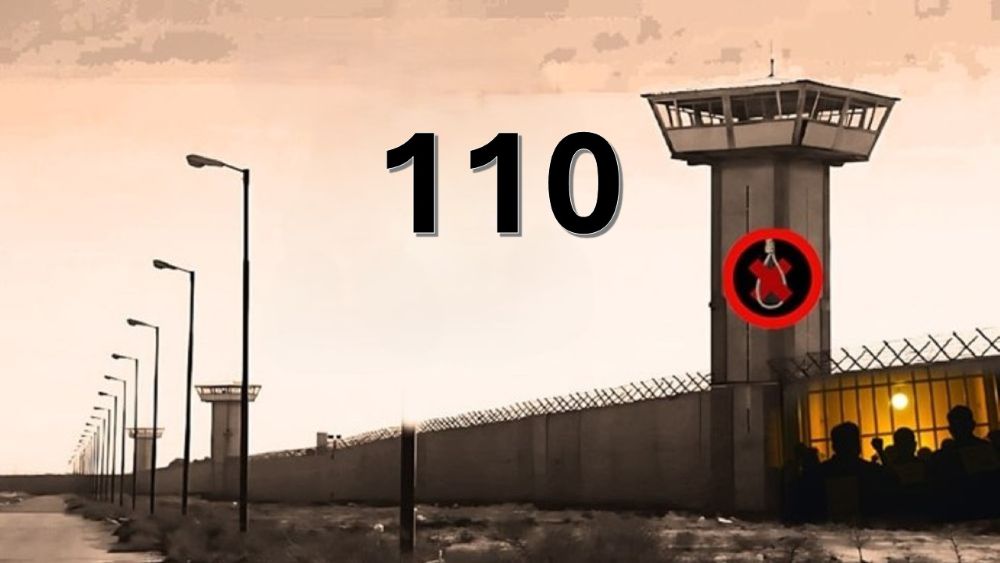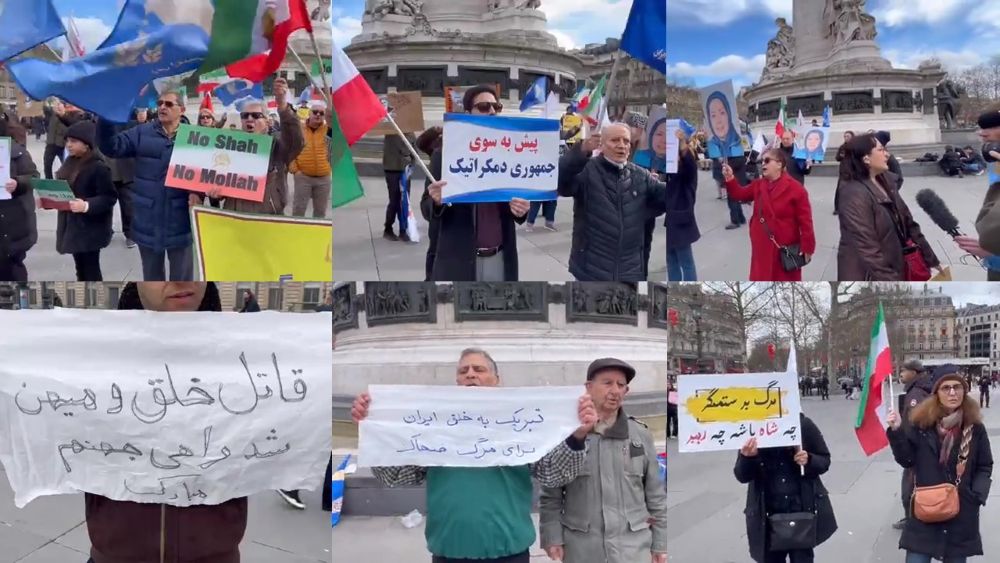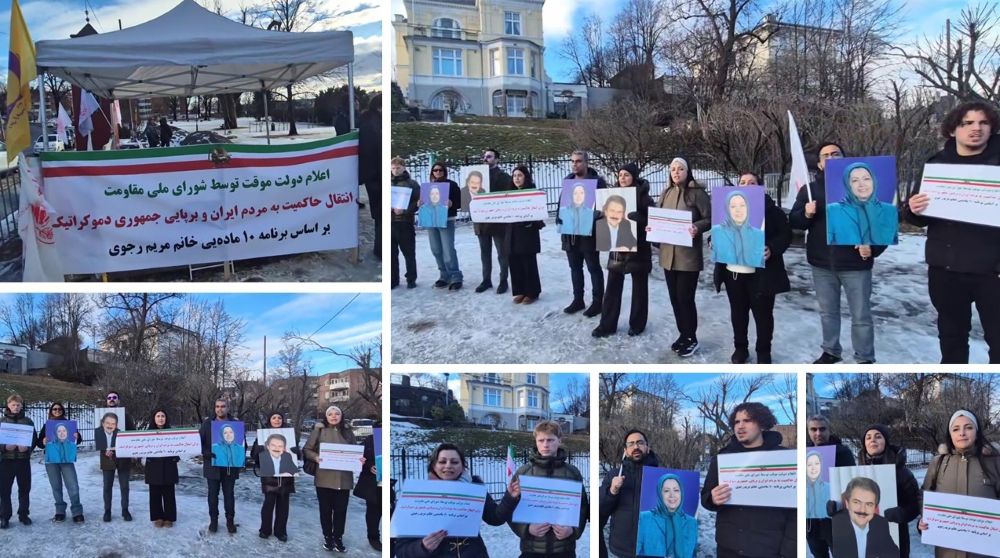The Ministry of Information and Communications Technology of Iran’s regime claimed that the anti-filters can be used as ransomware, and that they can be a potential threat to security too. He said that such tools are especially desired by the subversive forces.
On 15th May 2018, Mohammad-Javad Azari Jahromi said: “our ministry has received an order from the Supreme Council of Cyberspace, to start blocking the anti-filters in Iran”.
He stressed that these anti-filters “are far more threatening to security” than Telegram, and claimed that “anti-filters are a subtle approach used by our enemies, especially America, for the subversion of the Islamic Republic of Iran”.
Jahromi confirmed that the blocking order was received from the regime’s president: “…With the increase in anti-filters, the president has ordered us to block them within the framework of the Supreme Council of Cyberspace, and to prevent them from being utilized as ransomware. Therefore, there is no regulatory problem with what we’re doing, as it’s in accordance with a fully legal decision.”
Prior to and in contrast with Jahromi’s statements, Rouhani had announced that “our minister will not be touching the filter button”.
After the judicial order of Telegram’s blockage, Rouhani had also expressed his disagreement via his Instagram account, and had even criticized the decision of “the highest authority the system”.
However, according to the articles published by the opposing forces, Rouhani is only pretending to disagree with the blocking of this messenger.
Tasnim and Fars, two of the regime’s news agencies (both affiliated with the Revolutionary Guard Corps), also provided some proof that Rouhani’s government has been aware of this plan all along and has even supported its every step; and that there has been no expressions of any disagreements.
The Communications minister professed however, that the blocking of anti-filters dampens the quality of internet, and consequently causes various business problems too.
According to recent reports, the blocking of Telegram has led to an increase in the use of anti-filters.
The deputy chairman of the Parliamentary Assembly, Gholam-Ali Jafarzadeh, stated that according to the Ministry of Information and Communications Technology, approximately only 1 out of 40 million users, have quitted Telegram after its blockage.
In a speech held on Tuesday, The Ministry of Information and Communications Technology reiterated that the increase in anti-filers is only “desirable for those pursuing the subversion” of the regime.



